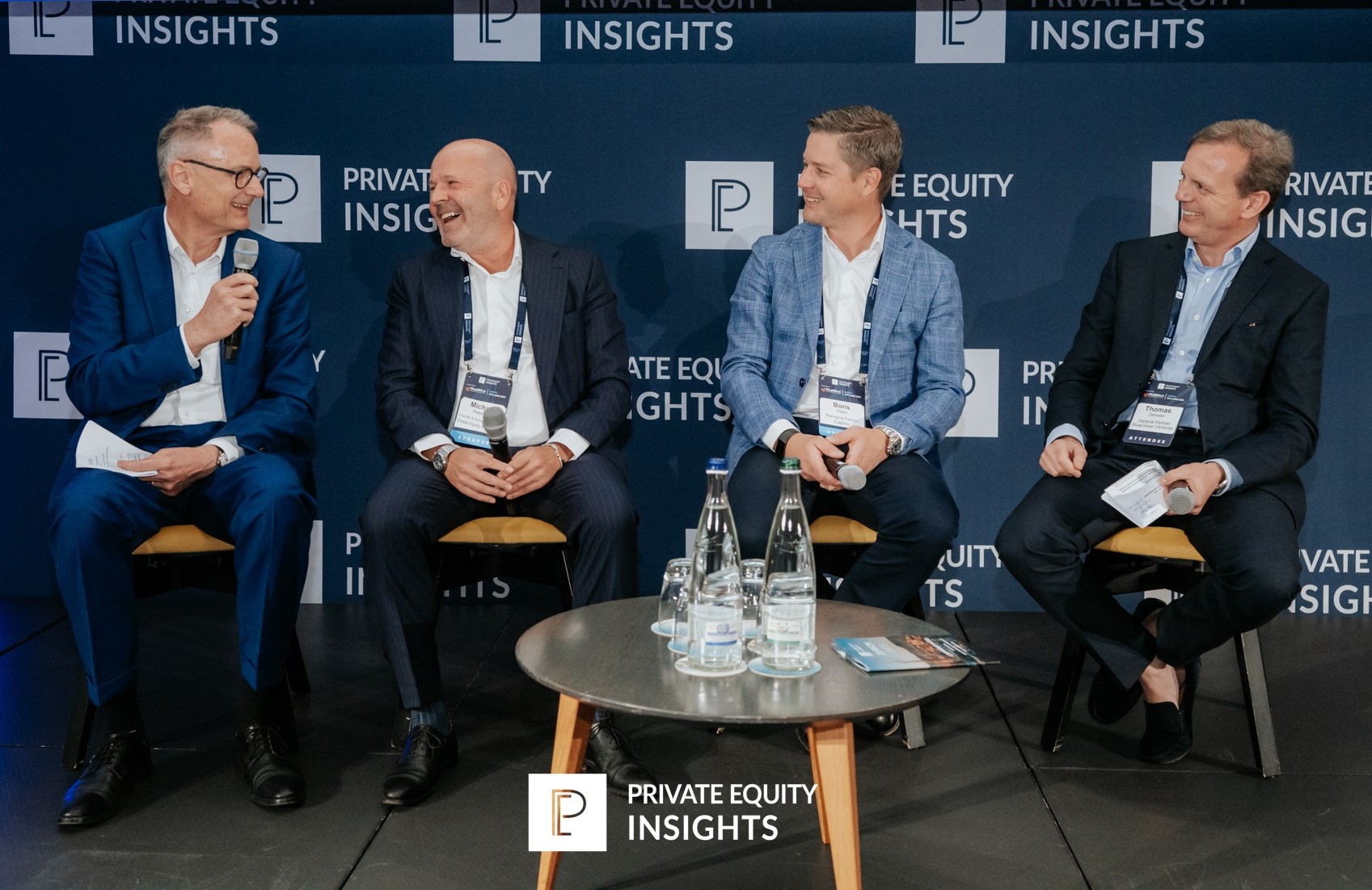
A chorus of top economists and investment gurus including Larry Summers, Ray Dalio, Nouriel Roubini, Jeremy Grantham, Cathy Wood and Mohamed El-Erian are sounding the alarm about unsustainable tensions building in the advanced economies, particularly in the US. The Fed’s response to stabilize markets and hold interest rates down by creating demand for financial assets helped private equity by squeezing more money into the asset class. However, at some point in the future, increasing nominal interest rates will provide more liquid alternatives to meet funding obligations than private equity.
But what does this mean for private equity – when things eventually revert back to the mean? A lot will depend on how orderly and over what period of time the mean revision takes place. Given the precarious level of excess liquidity, high debt level and synchronised high asset valuations across all classes, the shift will likely be disorderly when it comes. And when it comes, it will be a watershed moment that will re-shape private equity and accelerate on-going changes in the industry.
Like the tech bubble collapse in 2000: “timing is everything”. When expectations shift, it will become difficult to raise funds. Managers with the good fortune of having just raised money, will be in a great position to deploy it at reasonable, deflated valuations. However, bubble-vintage portfolios will take big hits and perhaps not even achieve hurdle rates which deliver carry. This will have an impact on the ability to attract and retain top talent. For those managers that missed the window of opportunity to raise money, they may never get another chance. A wholly unfair process of natural selection.
A sharp and deep correction will also accelerate the polarization taking place in private equity markets. The largest, multi-asset managers can distribute the risk of a downturn better than other, more narrowly focused funds. Also, small niche specialists, in particular those that have clearly positioned themselves to profit from the mega-trends in energy transition, AI, robotics and sustainable development will profit through their networks and deep expertise. Mid-sized, un-differentiated funds will find it harder to both raise and deploy funds.
On the bright side, private equity’s entrepreneurial governance model has proven to be remarkably responsive and resilient to market volatility. An increase in the cost of money (nominal interest rates) and constraints on aggregate demand will trigger a rapid response. More focus will be put on the winners and on driving operational efficiency across the portfolio.
Like the 2009 GFC and Covid response, the next financial market disruption will be a litmus test for management competence and corporate culture. The collective ability to adapt will be a key differentiator of success or failure. It’s therefore no surprise that fund managers are placing more focus on implementing best-practice management processes and operating models as the best way to ensure agility when you most need it.
This article was originally published as the Humatica Corner in Real Deals magazine.

Resilience isn’t a buzzword anymore—it’s the make-or-break factor for portfolio companies navigating today’s volatility. That was the takeaway from the standout panel at the PE…
Read more
Rightsizing an organization is never easy. But, it is a normal process as firms adapt to changing market requirements. More recently, higher interest rates, AI…
Read more
The promise of AI and turbulence introduced by the Trump tariffs have renewed focus on rightsizing and efficiency improvement as levers for value creation and…
Read moreReceive our news and valuable perspectives on organizational effectiveness each month.